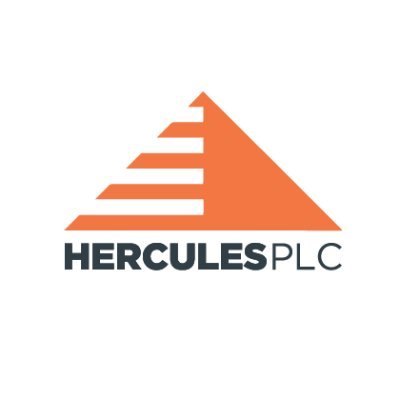Today’s investors may find themselves drawn into a subtle yet significant realignment in the labour support landscape, one that’s quietly reshaping how infrastructure and construction sectors manage supply of skilled personnel.
At its core lies Hercules plc, a labour provider that has steadily repositioned itself, from site services into a broader builder of workforce capacity. The company’s recent acquisition of Quality Transport Training Ltd (QTT), a vocational training provider founded in 2007, marks a carefully calculated pivot. QTT brings established relationships with government bootcamps, local authorities and probation services—critical pipelines for upskilling jobseekers into roles in plant operation, logistics and construction. By integrating QTT’s courses into its expanding Hercules Academy in Nuneaton, the group more than doubles down on its earlier efforts of training over 1,500 people since January 2024.
Far from a headline-grabbing takeover, this deal weaves together under one roof both labour supply and the means of developing it. The strategy echoes a growing trend among infrastructure players to internalise skills development as a means to manage ever-increasing talent shortages, mitigate external hiring pressures, and embed quality control across project phases. Hercules’ move aligns with similar combinations; whereas once contractors relied on external training partnerships, we’re now seeing vertically integrated models that combine recruitment, training and placement stages.
That integration is relevant for long-term investors. It cushions returns from the swings of external labour markets and reduces the friction associated with delayed or sub-standard workforce readiness. More importantly, it presents an alternative route to address skills gaps—not through traditional wage inflation, but through controlled curriculum design, volume scale and timing. The model also offers potential accreditation leverage, especially as Hercules inherits QTT’s Department for Education bootcamp commitments. In effect, the deal enhances recurring training revenues, opens access to public funding, and embeds a feedback loop for refining course content based on immediate sector demand.
Moreover, the business architecture underlines a dual-layered risk benefit. On one hand, there’s the execution risk around integrating training staff and systems. On the other, there’s tangible upside: by up-skilling candidates directly into its own labour supply arm, Hercules may achieve higher utilisation rates, stronger employer brand alignment, and tighter cost control. Essentially, it advances Hercules’ status from a temporary labour provider to a holistic workforce solutions partner in infrastructure—a narrative that can command both premium margins and long-term resilience.
For investors, this signals a maturing business model with intentional diversification. It helps buffer against cyclical demand in construction projects and gives the company stake in the public sector’s drive to confront regional employment challenges. More broadly, it highlights an investor-relevant convergence: the intersection of public training initiatives with private sector delivery. As infrastructure investment grows, especially around electrification, transport and net-zero pledges, so does the case for scalable, integrated workforce platforms.
Hercules now owns the means to not just recruit workers, but to train them and funnel them into its own labour pool. That capability shift, from labour supply to workforce builder, may define how companies operate in construction and infrastructure for years to come.
Hercules plc (LON:HERC) is a collaborative, innovative company delivering services of the highest standards within the Civil Engineering sector of the construction industry. Hercules Construction Academy provides a comprehensive range of courses designed to equip individuals with the essential skills and knowledge required for a long and successful career in the construction industry.






































